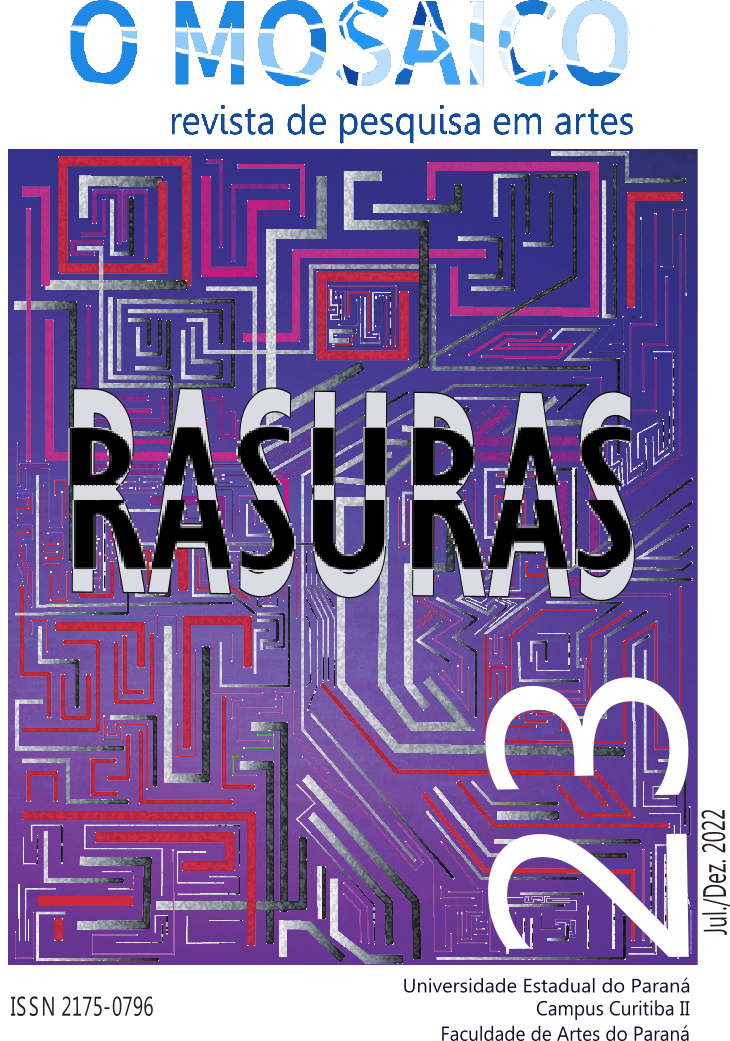Adaptation in videoclip as a narrative challenge within the moving image
DOI:
https://doi.org/10.33871/21750769.2022.15.1.6857Keywords:
Videoclip, Narrativity, Adaptation, Directing, Khalil JosephAbstract
Due to its eminently polyphonic and multimedia nature, the videoclip has been the testing ground for reconfigurations that position it as one of the most challenging formats for study within the field of moving images. From a theoretical point of view, in line with the theories of adaptation and textuality by Bruhn (2013), Bryant (2013), and Elliot (2020), in this article, we intend to address the possibilities of blurring the boundaries between videoclip, short-film, video art and installation, based on the study of the work of some contemporary videoclip directors, among which we highlight Khalil Joseph. We intend to not only approach the videoclip as a phenomenon integrated into an overall process of transmediation, which accentuates the modes of narrative disruption of this format but also to understand how the works under analysis expand the concept of adaptation. This expansion encompasses not only moving image genres as it also contributes to the ongoing changes in contemporary understanding of history and culture towards inclusion and racial plurality.
Downloads
Downloads
Published
How to Cite
Issue
Section
License
Copyright (c) 2022 O Mosaico

This work is licensed under a Creative Commons Attribution-NonCommercial-ShareAlike 4.0 International License.
The authors retain the copyright, when licensing their production in the journal O Mosaico, which is licensed under a Creative Commons license. When submitting the work, and upon acceptance, the author assigns his/her copyright for publication in the journal. Readers can download, print and use the articles published in the journal, as long as there is always an explicit mention to the author (s) and to the O Mosaico, and no changes to the original work are allowed. When submitting an article to the journal O Mosaico and after accepting it for publication, the authors allow, without remuneration, to pass the following rights to the journal: the first edition rights and the authorization for the editorial team to transfer, according to their judgment, this article and its meta data to indexing and reference services.

